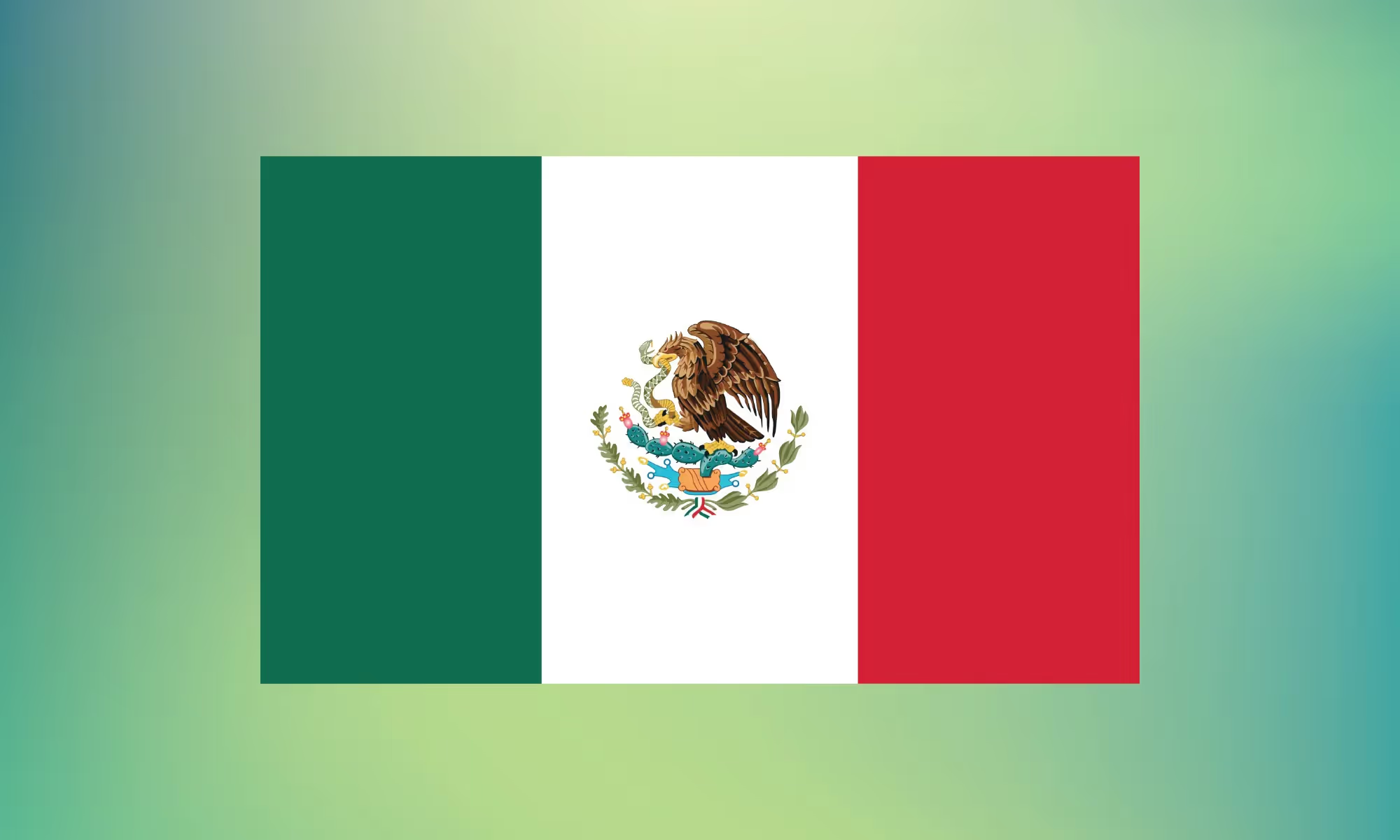Scandinavian countries have been making rapid progress towards electronic invoicing. In this article, we’ll look into the current state of e-invoicing in Sweden, Norway, Denmark and Finland.
E-invoicing in Denmark
Denmark has mandated the use of e-invoices for the public sector since 2005, which makes it one of the first countries in the world to do so. To support this, Denmark has developed its own e-invoicing system in 2007, called NemHandel. NemHandel is actually the predecessor of the EU PEPPOL network.
At the moment, NemHandel and PEPPOL are used in parallel, although the Danish government aims to switch to PEPPOL, in order to harmonize its invoicing system with the EU. NemHandel is used as a SMP (Service Metadata Publisher) for PEPPOL.
For B2B transactions, companies don’t have an obligation to issue e-invoices, although some of them do.
E-invoicing in Sweden
As in other countries, e-invoicing in Sweden was first made mandatory for B2G (business-to-government) transactions. In 2019, the requirement for e-invoicing was extended beyond transactions with the government to all other public administrations, and now includes regional and municipal offices.
Sweden uses the PEPPOL (Pan-European Public Procurement Online) network, and all public administrations are registered and can receive invoices in it, as well as electronic catalogs and orders. Public administrations can also issue invoices to other institutions via the same network.
Companies can use e-invoices for their B2B transactions as well, although this isn’t mandatory at the moment.
E-invoicing in Norway
Similarly to Sweden, Norway has made e-invoicing mandatory for B2G transactions. Businesses who provide goods and services to the public sector have been using e-invoices since 2012, and since 2019, all public institutions (central, regional and municipal) are required to use e-invoices.
Norway is also using the PEPPOL network for the purposes of B2G e-invoicing. Public administrations and their suppliers need to sign up for the ELMA register (ELMA stands for “Electronic Recipient Address”) to use the PEPPOL network. Currently, more than 200,000 public administrations and private companies are registered in it and can issue and receive e-invoices.
The PEPPOL network can also be used for other documents, such as orders, catalogs, credit notes and payment reminders.
Many Norwegian companies are issuing e-invoices for their B2B transactions as well, although they don’t have a formal obligation to do so at the moment.
E-invoicing in Finland
In Finland, there’s no obligation to use e-invoices, except for B2G transactions of more than €10,000. In practice, however, public administrations have been widely using e-invoices since 2010. E-invoices between companies are not mandatory. The formats currently used are TEAPPSXML 3.0 and Finvoice 3.0, which are in line with EU requirements.
There isn’t a national e-invoicing system in Finland, and suppliers of e-invoicing solutions maintain a public database for companies and public entities who choose to be included in it.
Other documents, such as orders and catalogs for the public sector, will probably be added, as well, and it’ll be possible to exchange them via the PEPPOL network.
The PEPPOL network
The PEPPOL network, short for Pan-European Public Procurement On-Line, is a network aiming to facilitate cross-border transactions in the public sector in the European Union by standardizing documents. It’s used in Denmark, Ireland, Sweden, Norway, Austria and Germany, and Singapore’s e-invoicing system is also based on PEPPOL.
Fonoa Automated Real-time Invoice Reporting Solution
We are aware that new regulations have a substantial impact on how businesses operate. That’s why we built Fonoa Reporting, a solution that automatically reports sales transactions to tax authorities around the world.
If your business is affected by real-time invoice reporting obligations anywhere in the world, reach out to us, and we will help you automate the invoice reporting process.
Additional Resources:















